The recent report on bovine TB published by the NI audit office once again raised the issue of compensation for TB-reactor animals, this time suggesting that paying 100% of the value means there is little incentive for the industry to share ownership of the problem in NI.
The inference being drawn is that farmers are virtually ambivalent as to whether their herd gets TB or not. Aside from a few rogue operators, that is far from the case.
The report advocates cutting compensation for TB reactor animals, something that has already been suggested by others. It is a change that seems inevitable at some stage in the future.
But what must be challenged is the suggestion that farmers don’t already share a significant part of the cost burden.
To be fair to the report, it does recognise that there is a cost associated with TB testing – whether it is the test itself, the resultant hit in animal performance, or the cost of trying to improve farm biosecurity to keep the disease out. The figure quoted is an annual cost of £10m, significantly less than the £44m that fell to taxpayers in 2017/2018.
The £10m figure is a DAERA-estimate quoted in a response by former Agriculture Minister Michelle McIlveen to a question in the NI Assembly chamber in June 2016.
Given that nearly 23,000 herds were tested in 2017, and a significant number of these had at least one more test in the year, it works out at a cost of approximately £300/test.
For a small herd with a few cattle that figure is probably fine. But if you take everything together, from the cost of your time before, during and after a test, injuries or abortions in cattle, loss of thrive, etc. It is a gross underestimate.
And that doesn’t allow for the mental stress or the costs on a business that gets locked up with TB. Farmers already share a large part of the total cost of TB.
Read more
Auditor questions TB value for money
TB compensation limit coming
The recent report on bovine TB published by the NI audit office once again raised the issue of compensation for TB-reactor animals, this time suggesting that paying 100% of the value means there is little incentive for the industry to share ownership of the problem in NI.
The inference being drawn is that farmers are virtually ambivalent as to whether their herd gets TB or not. Aside from a few rogue operators, that is far from the case.
The report advocates cutting compensation for TB reactor animals, something that has already been suggested by others. It is a change that seems inevitable at some stage in the future.
But what must be challenged is the suggestion that farmers don’t already share a significant part of the cost burden.
To be fair to the report, it does recognise that there is a cost associated with TB testing – whether it is the test itself, the resultant hit in animal performance, or the cost of trying to improve farm biosecurity to keep the disease out. The figure quoted is an annual cost of £10m, significantly less than the £44m that fell to taxpayers in 2017/2018.
The £10m figure is a DAERA-estimate quoted in a response by former Agriculture Minister Michelle McIlveen to a question in the NI Assembly chamber in June 2016.
Given that nearly 23,000 herds were tested in 2017, and a significant number of these had at least one more test in the year, it works out at a cost of approximately £300/test.
For a small herd with a few cattle that figure is probably fine. But if you take everything together, from the cost of your time before, during and after a test, injuries or abortions in cattle, loss of thrive, etc. It is a gross underestimate.
And that doesn’t allow for the mental stress or the costs on a business that gets locked up with TB. Farmers already share a large part of the total cost of TB.
Read more
Auditor questions TB value for money
TB compensation limit coming




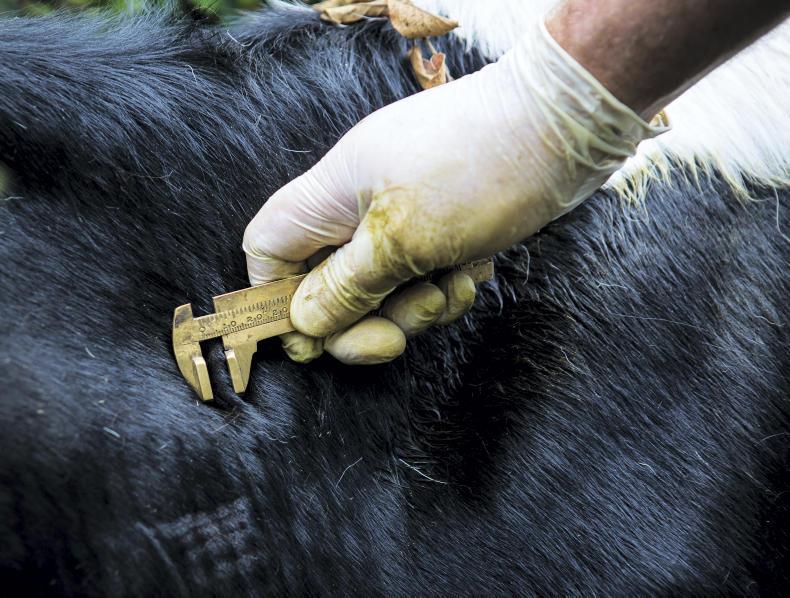
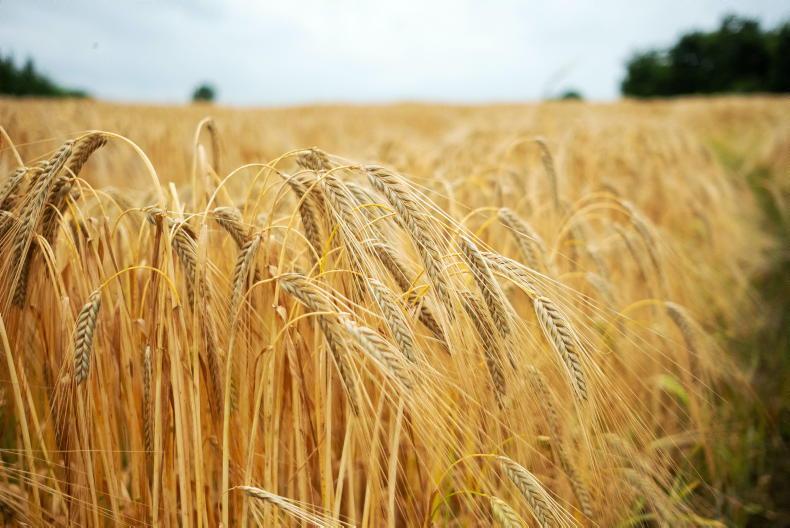

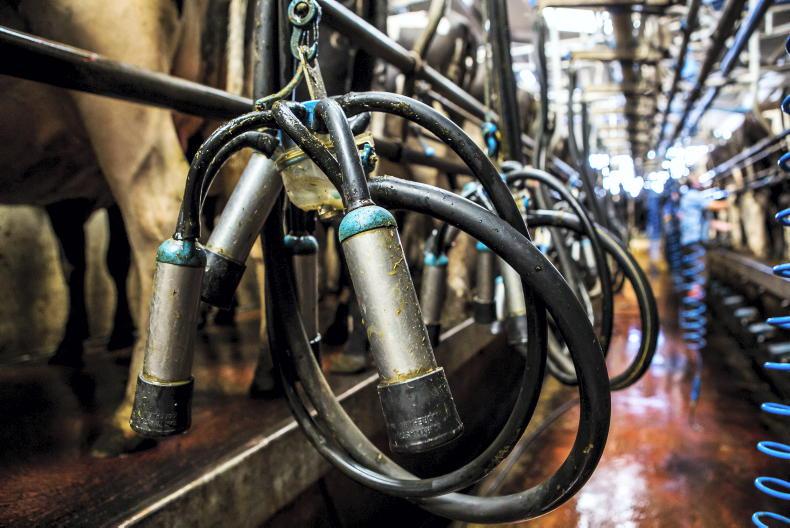
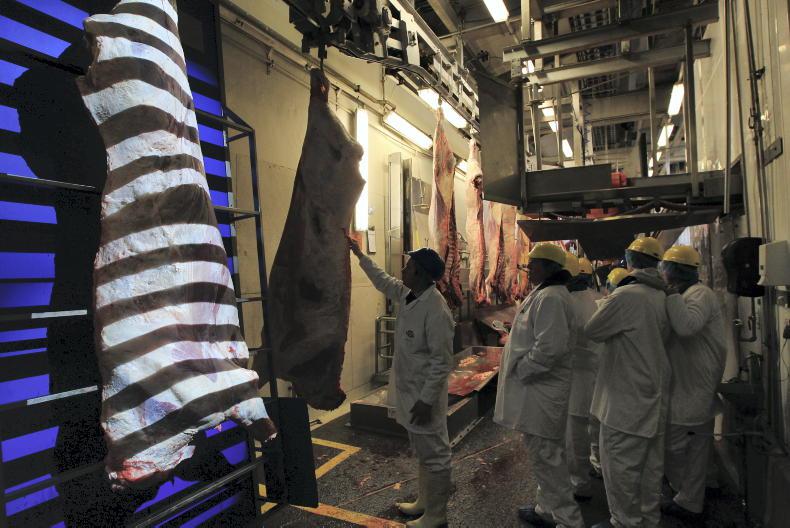
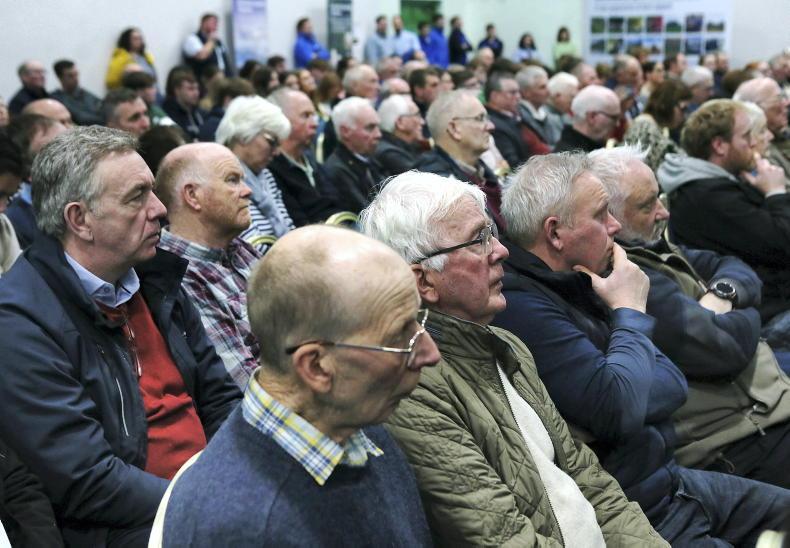
SHARING OPTIONS